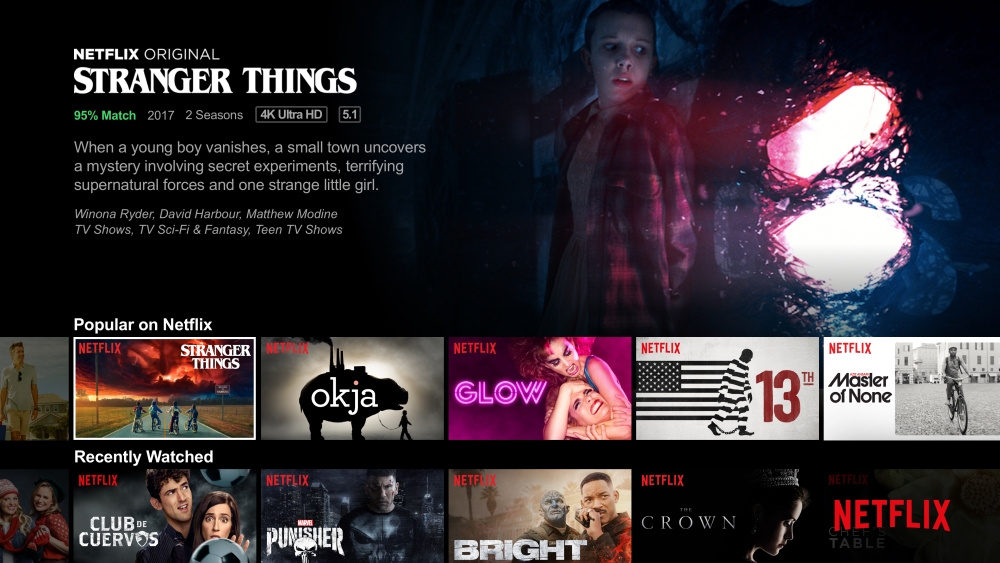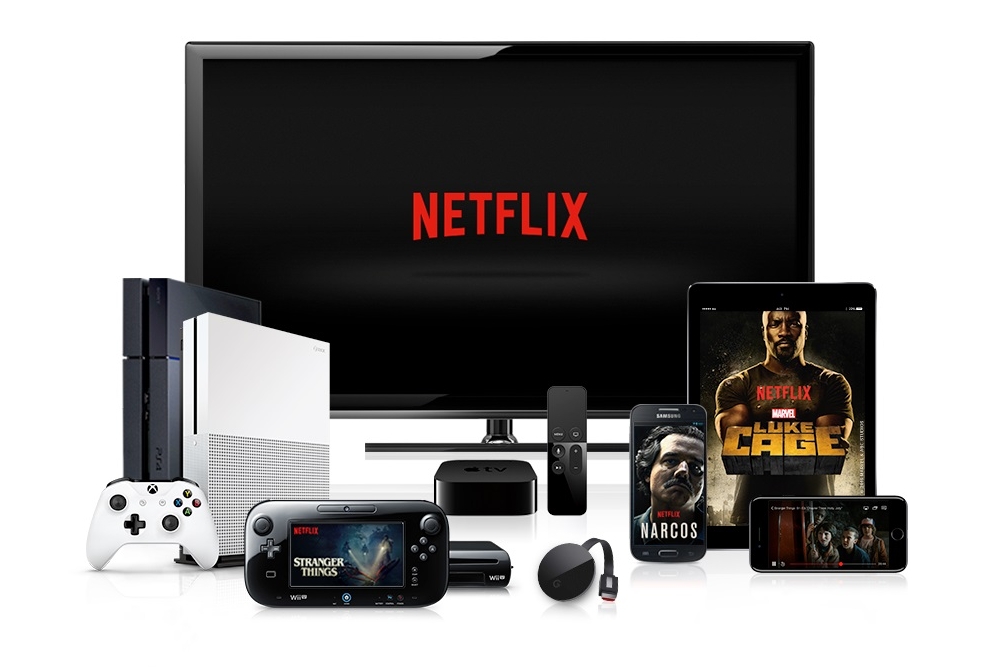As people around the world begin self-quarantining themselves at home to prevent the ongoing Coronavirus (COVID-19) spreading further, usage for internet-based services are seeing a surge in their businesses, and understandably so. As an example In Netflix’s case, the decision to reduce the bit rate of its video streams comes after the European Commission (EU) made an appeal to the company to do so. After they saw a sharp increase in internet usage, but have so far not experienced any outages or adverse effects from the spike.
It goes without saying that video streaming is typically very bandwidth-heavy, with Netflix users consuming an average of 1GB of data for a standard definition video or 7GB an hour if they’re watching a show in 4K. The most demanding of all streaming services, however, is livestreaming. Unlike video streaming, livestreaming is more digitally labour intensive; it separates data into packets that are then shipped individually and then buffered separately in order to prevent any disruptions.
The good news is that Netflix’s bitrate downgrade for the European market will only be for 30 days. In that time, the company estimates that this should reduce its traffic within European networks by approximately 25% of its current streaming traffic. (Source: CNN, iNews)

